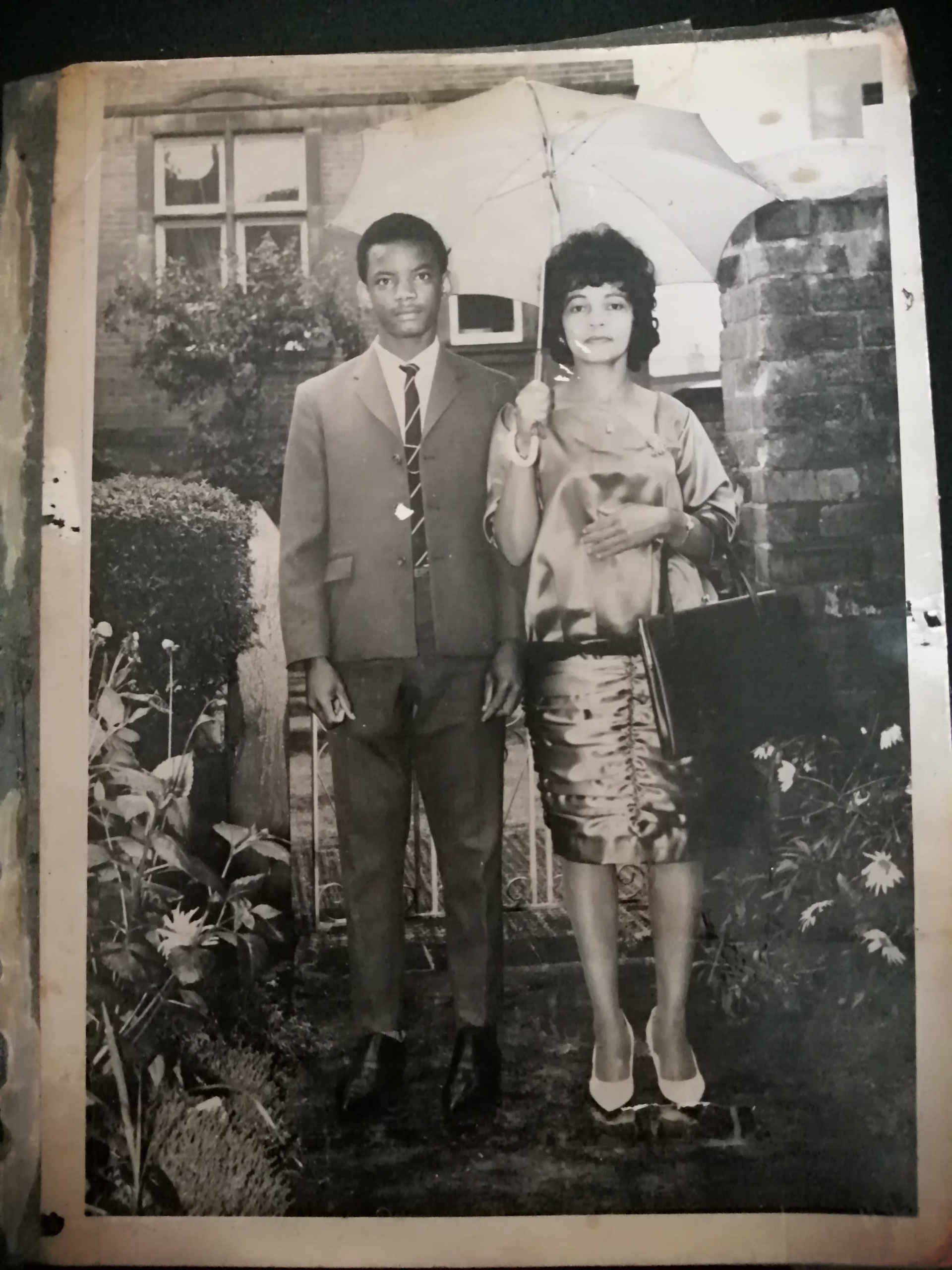Reflections during Black History Month…
14/10/2020

Most people have heard of Martin Luther King Jr, Rosa Parks and Malcolm X, as they are all synonymous with leading the Civil Rights Movement in America. But few people have heard of Harold Moody, Mary Seacole or Ignatius Sancho – prominent figures of Black British history whose names are forgotten. Ignatius Sancho was the first person of African descent known to have cast a vote in a British general election and helped shape legislation on the abolition of slavery.
Growing up in British society led me to contend with a school system skewed towards the history of Kings and Queens, Shakespeare and Winston Churchill. The black community were non-existent in history books and positions of power. I felt the sting of erasure not seeing equal representation within literature, TV or film. Many people argue that black history should be taught 365 days a year, and I agree. However, I can’t help but welcome the spotlight that October brings. Walking into a book shop featuring a collection of books by Black British authors, seeing black postboxes honouring black Britons and television content focusing on black history is the representation my younger self needed. It’s humbling to see the amplification of this within today’s society.
The Empire Windrush docked in Tilbury, Essex in 1948 carrying roughly 802 Caribbean immigrants. They were invited to the mother country to live and rebuild a post-war Britain. They are known as the Windrush Generation. Many of this generation were recruited specifically to support and build the newly formed NHS. The NHS wouldn’t exist in its entirety today were it not for them.
One of the greatest legacies of the Windrush Generation has been their impact on the changing culture of Britain and the transformation of art and culture. Notting Hill Carnival is a melting pot of culture featuring music from the diaspora including ska, calypso, reggae and soca. We talk about the Caribbean influence on Britain but what’s equally noticeable is how Britain has become more Caribbean.
As the daughter and granddaughter of Jamaican-born Windrush relatives, I have first-hand knowledge of the commitment and struggles this generation faced. They were promised prosperity and lured with the guarantee of finding employment. Instead, they arrived to hostility, were told to go back home and met with many incivilities. Windrush Day is celebrated on 22nd June as a way of recognising the Caribbean contribution to British society.
To mark this year’s Black History Month, I attended a virtual event hosted by the Cranfield Barclay’s Eagle Lab entitled Yes, I Can. The panel discussion featured successful black individuals shining a light on their experiences growing up and how this shaped their success. During the Q&A, an audience member posed an important question to panel member Winnie Annan-Forson (Diversity and Inclusion for Barclays UK). The question was simple: why do organisations like Barclays change their logo to mark awareness for Pride month, but don’t do the same for Black History Month? Winnie’s response was that positive action is better than a superficial gesture. Yes, it would be great if the logo changed in October but what does this actually achieve – how does this help the black community? It was encouraging to hear that Winnie co-founded the employee Diversity network “Emerge”, taking affirmative action to increase diversity.
We have our own challenges at Cranfield but it’s been positive to see us doing more to improve Black, Asian and Minority Ethnic representation.
Black History Month is an opportunity to recognise and celebrate the black British history that helped shape us. Black history underpins British culture. It’s the food you eat, the music you listen to, the art you immerse yourself in and the sacrifices that shaped today’s society.
Categories & Tags:
Leave a comment on this post:
You might also like…
Keren Tuv: My Cranfield experience studying Renewable Energy
Hello, my name is Keren, I am from London, UK, and I am studying Renewable Energy MSc. My journey to discovering Cranfield University began when I first decided to return to academia to pursue ...
3D Metal Manufacturing in space: A look into the future
David Rico Sierra, Research Fellow in Additive Manufacturing, was recently involved in an exciting project to manufacture parts using 3D printers in space. Here he reflects on his time working with Airbus in Toulouse… ...
A Legacy of Courage: From India to Britain, Three Generations Find Their Home
My story begins with my grandfather, who plucked up the courage to travel aboard at the age of 22 and start a new life in the UK. I don’t think he would have thought that ...
Cranfield to JLR: mastering mechatronics for a dream career
My name is Jerin Tom, and in 2023 I graduated from Cranfield with an MSc in Automotive Mechatronics. Originally from India, I've always been fascinated by the world of automobiles. Why Cranfield and the ...
Bringing the vision of advanced air mobility closer to reality
Experts at Cranfield University led by Professor Antonios Tsourdos, Head of the Autonomous and Cyber-Physical Systems Centre, are part of the Air Mobility Ecosystem Consortium (AMEC), which aims to demonstrate the commercial and operational ...
Using grey literature in your research: A short guide
As you research and write your thesis, you might come across, or be looking for, ‘grey literature’. This is quite simply material that is either unpublished, or published but not in a commercial form. Types ...






